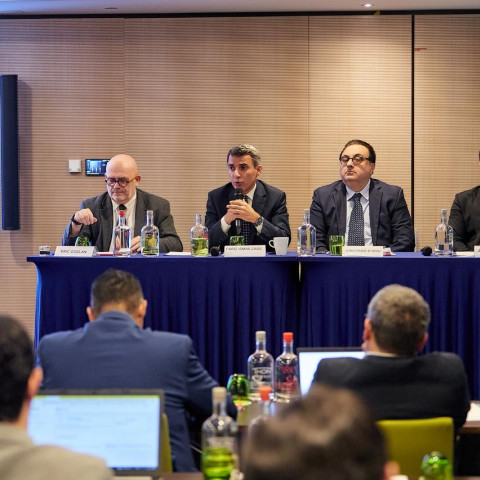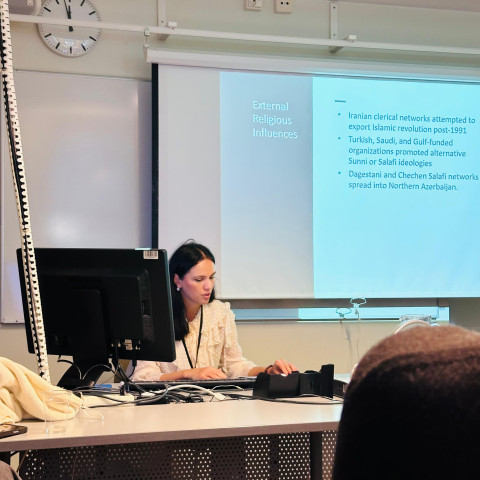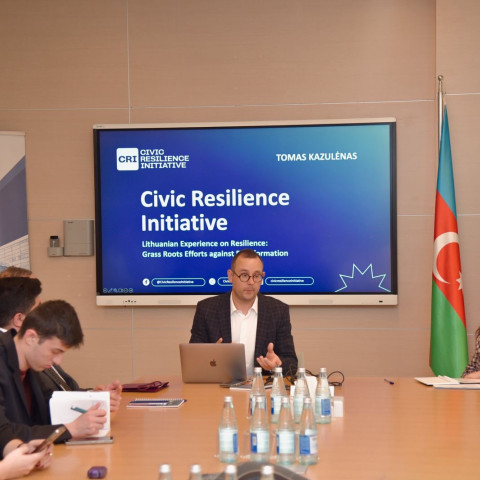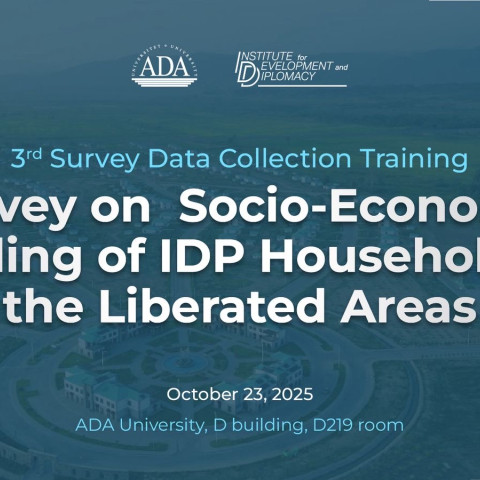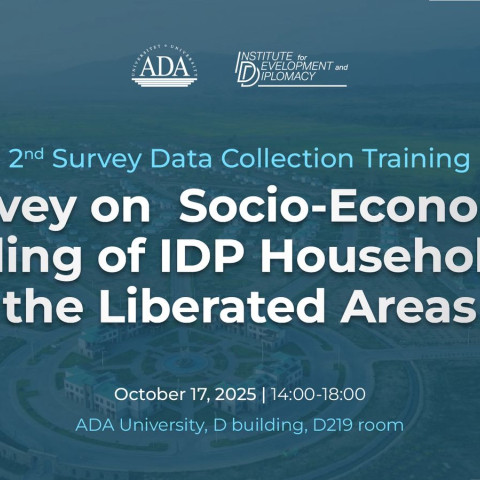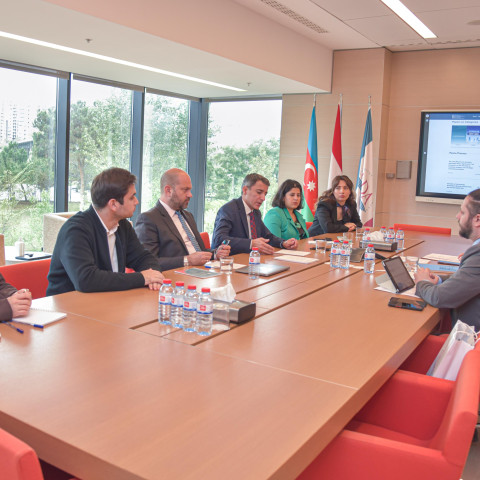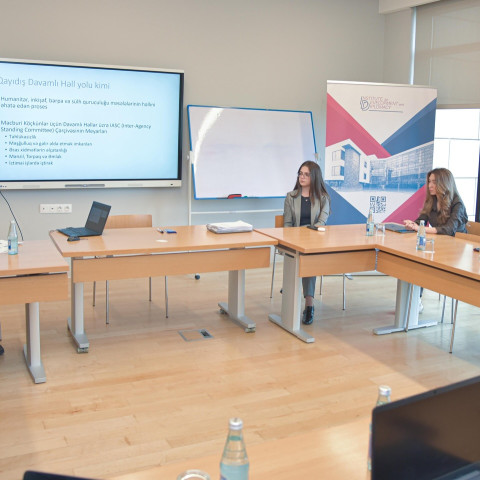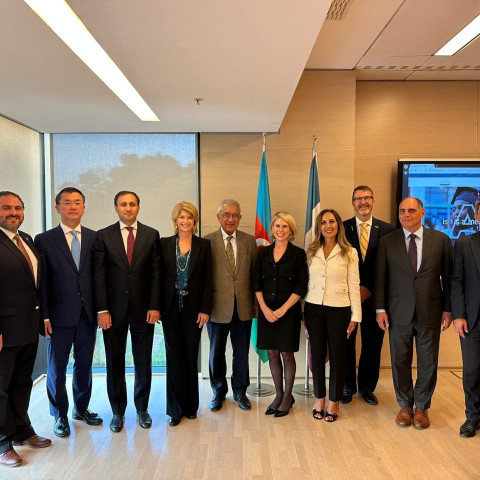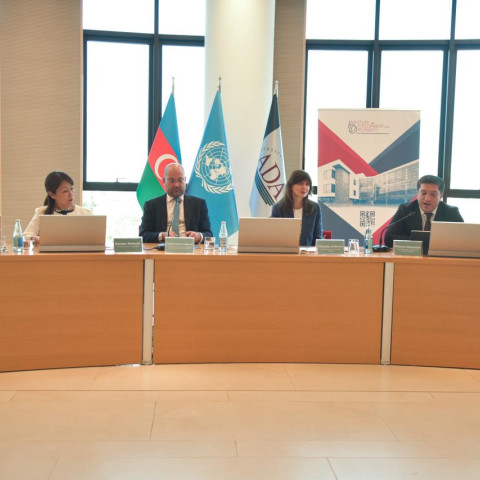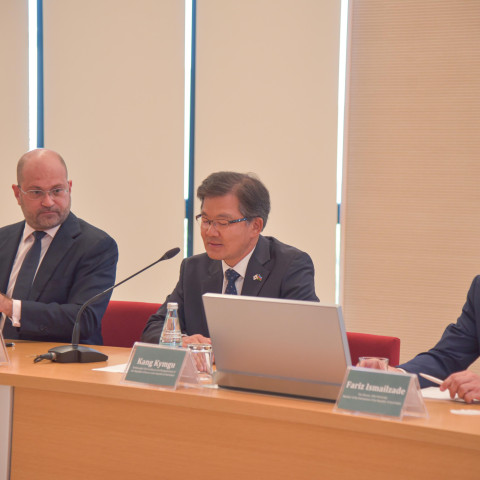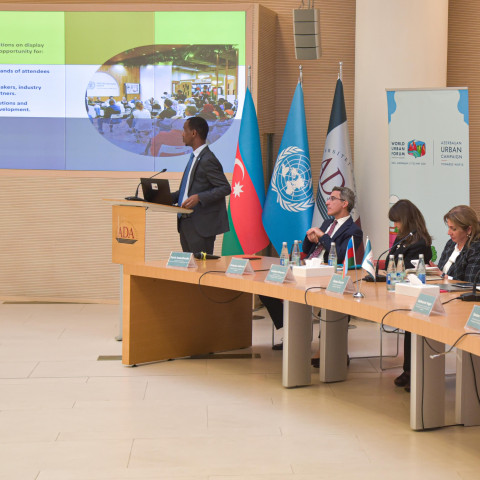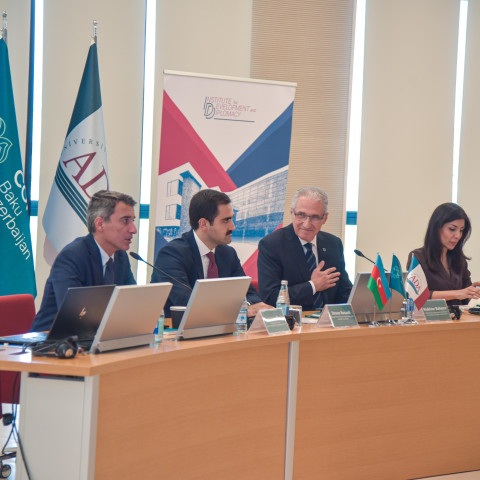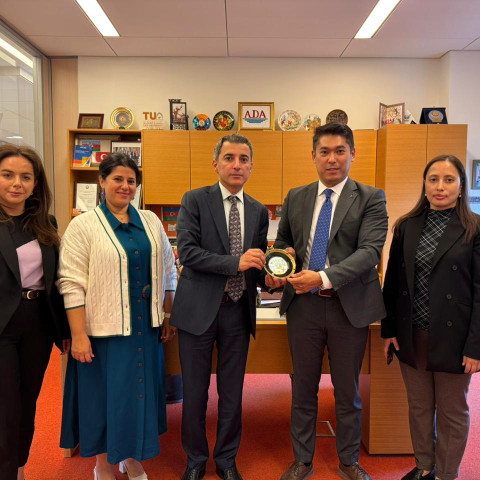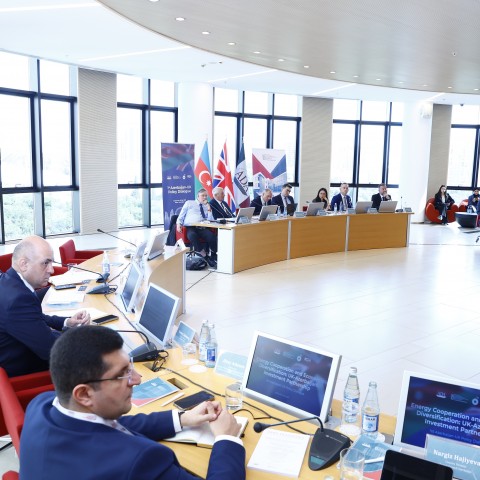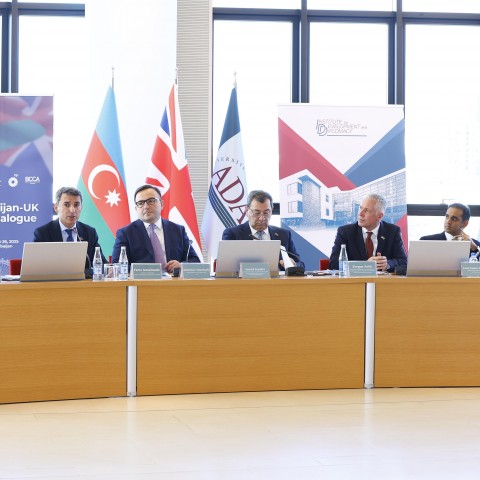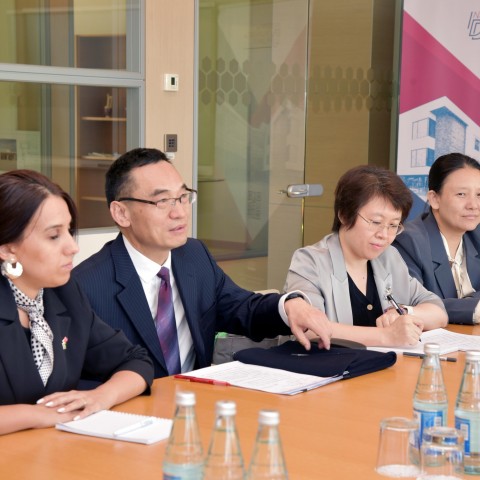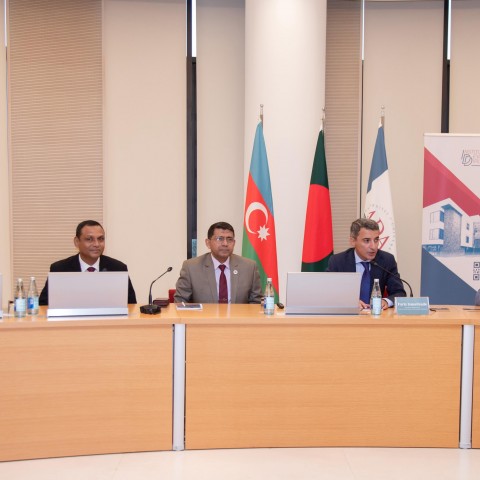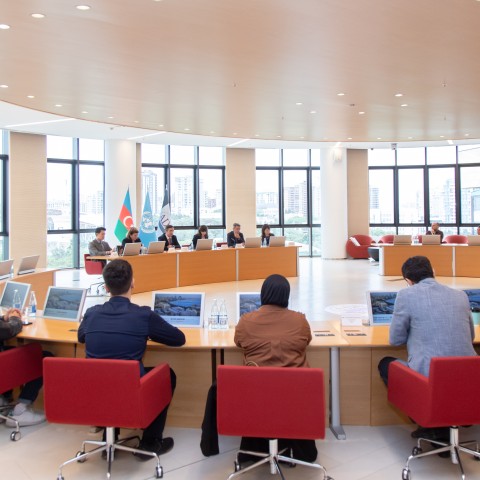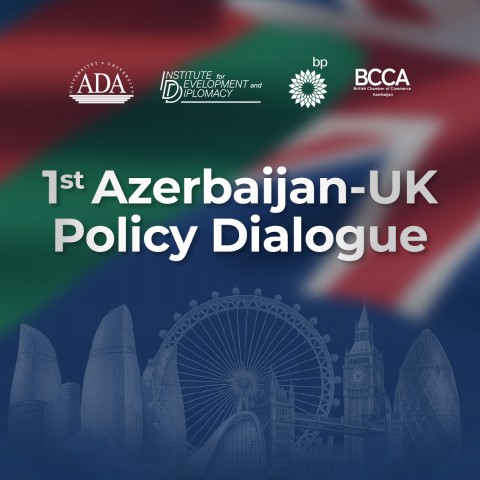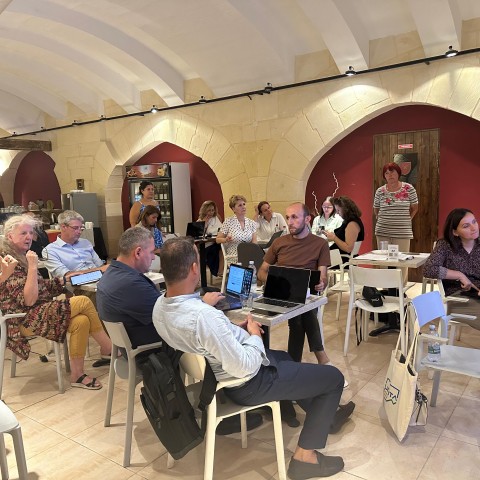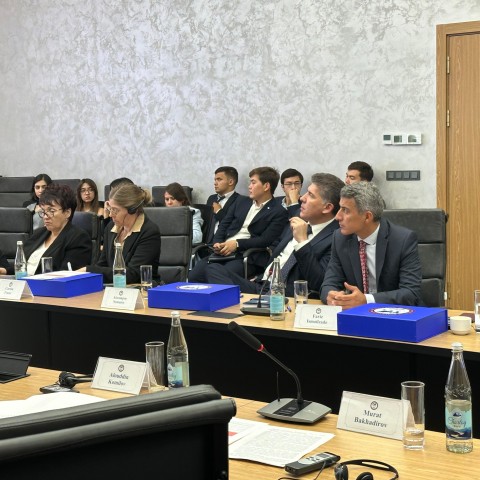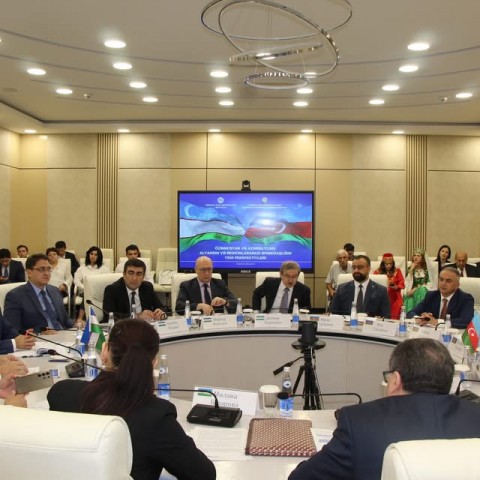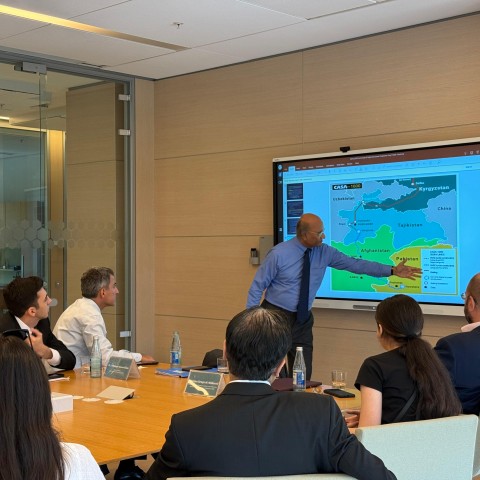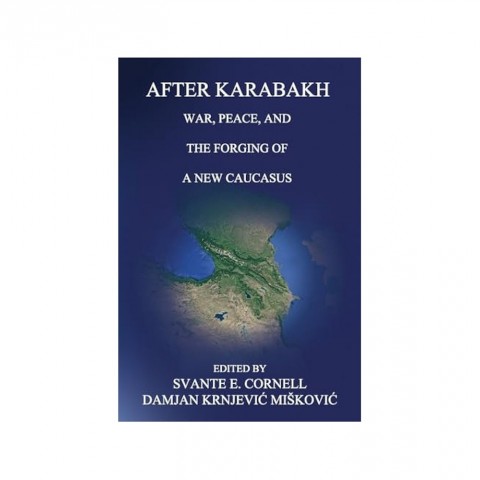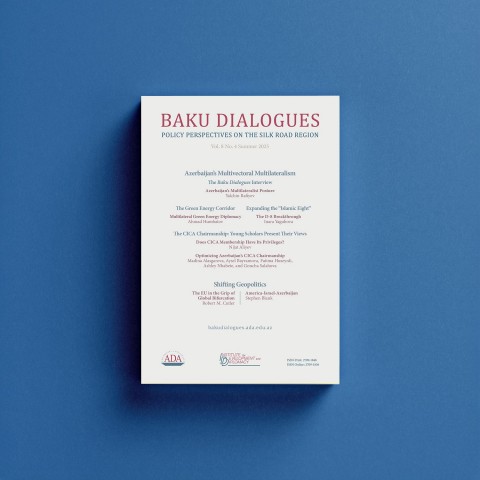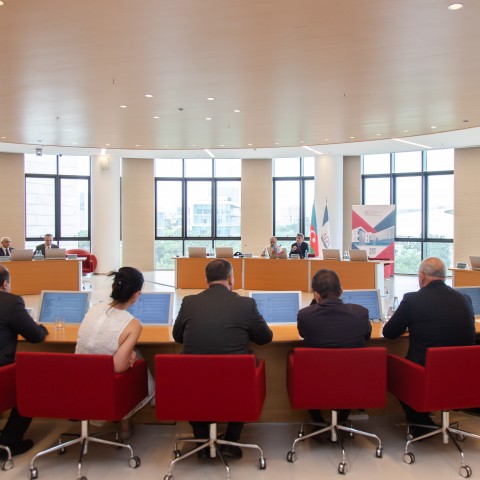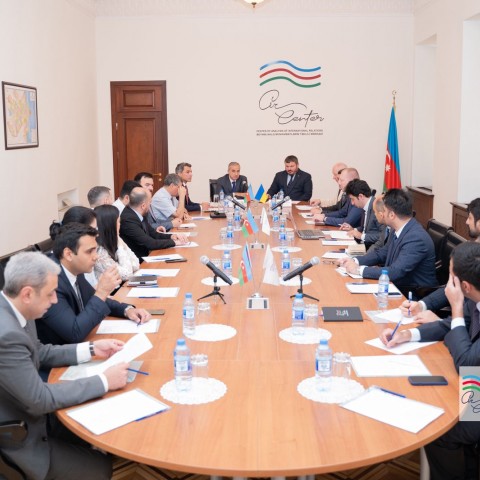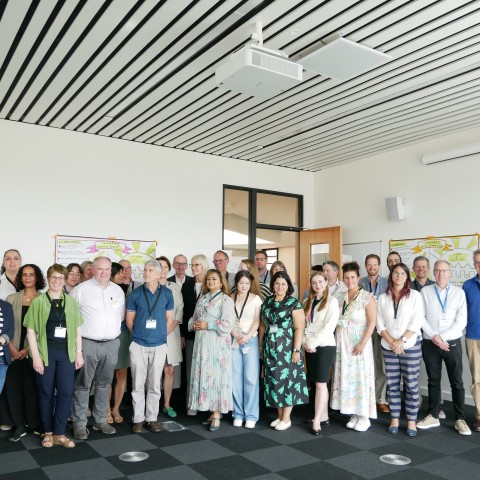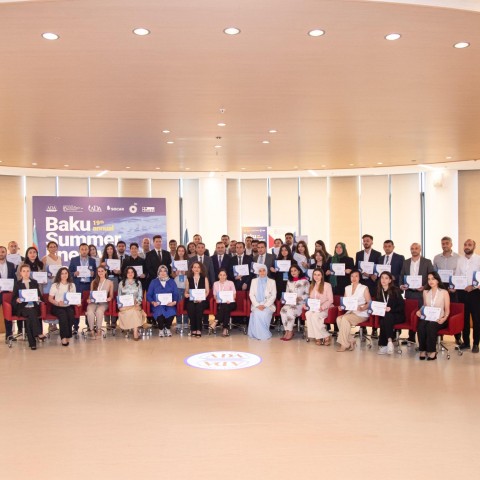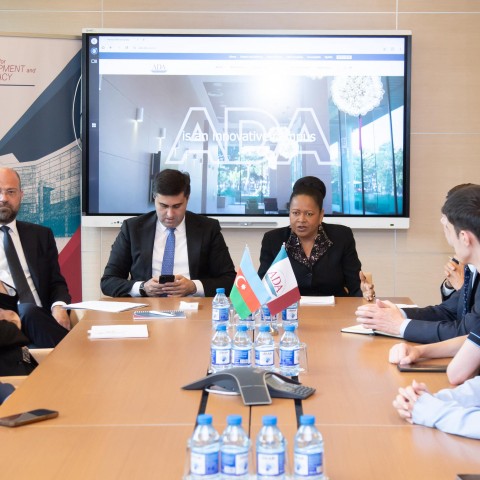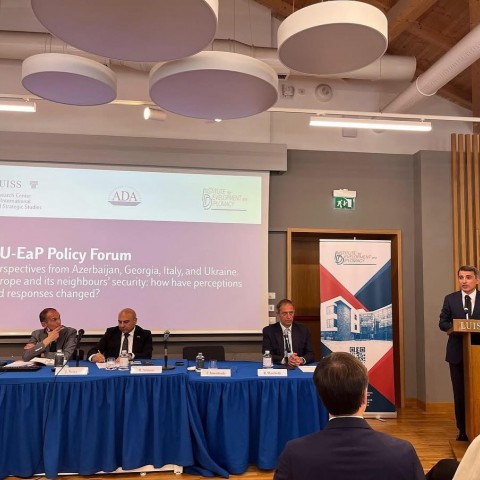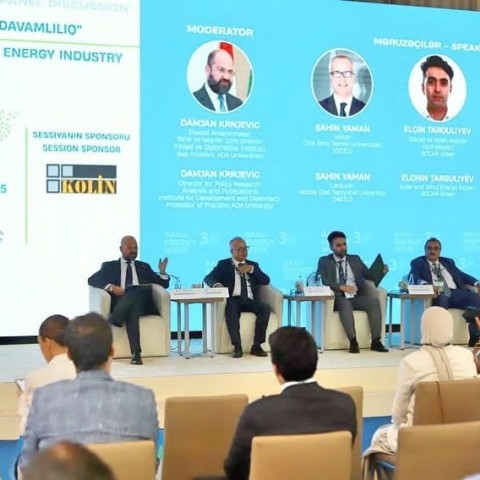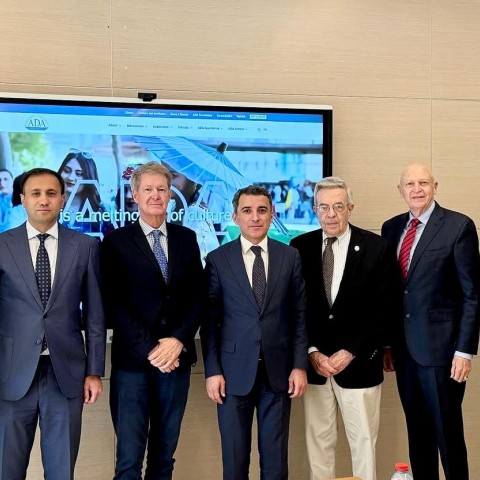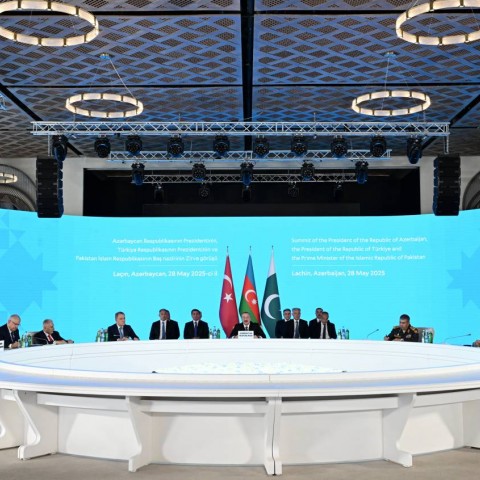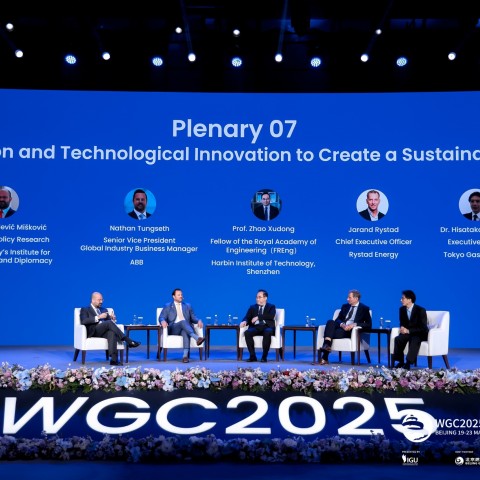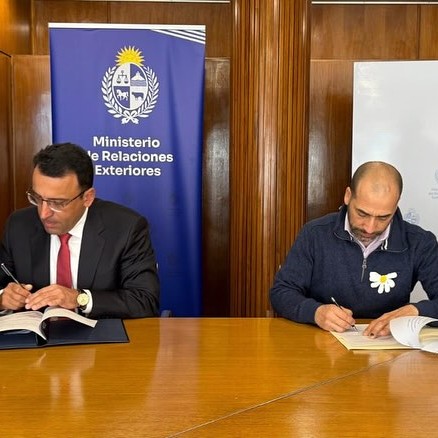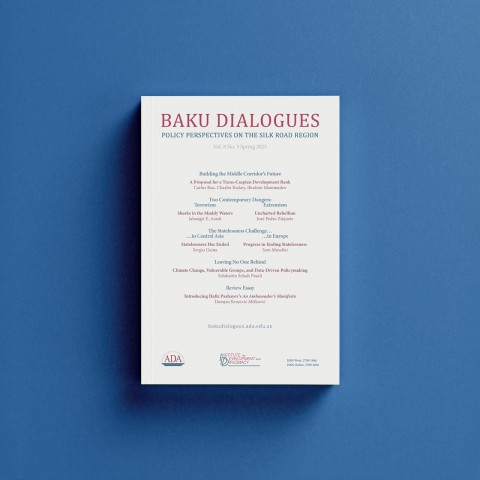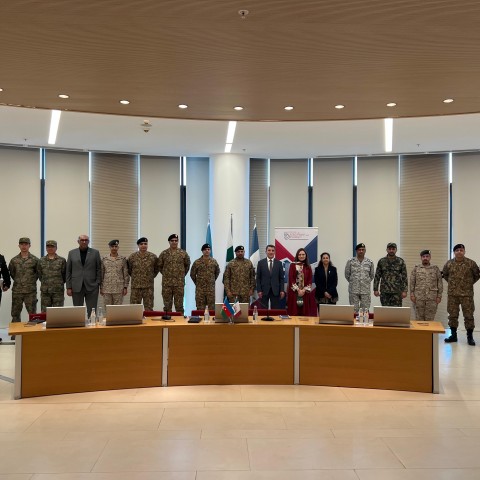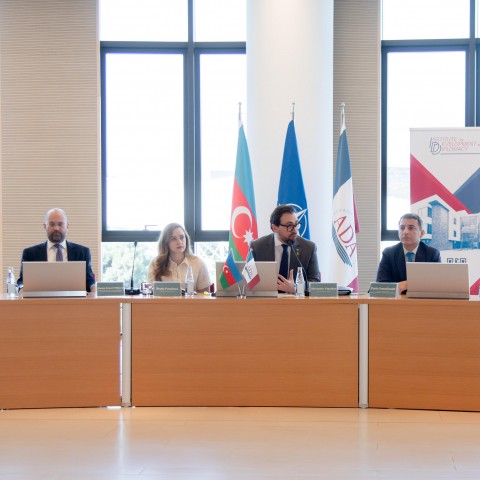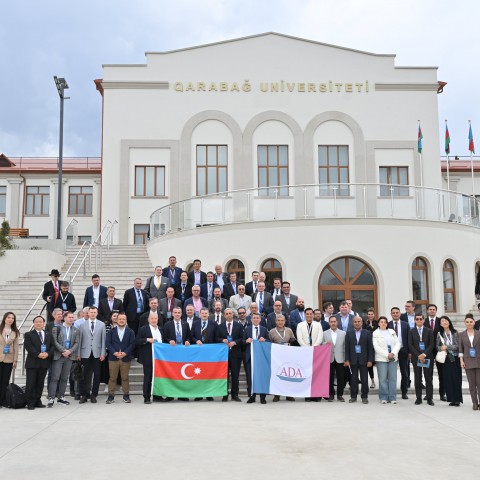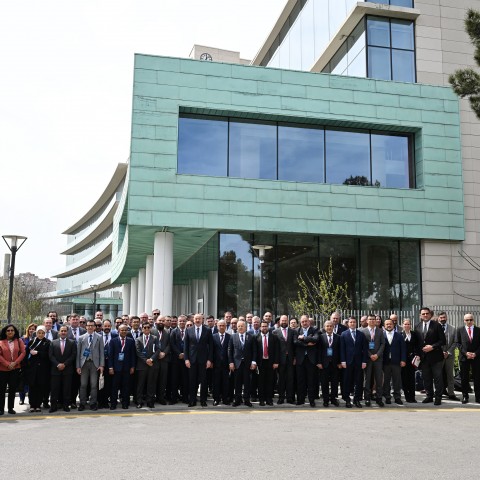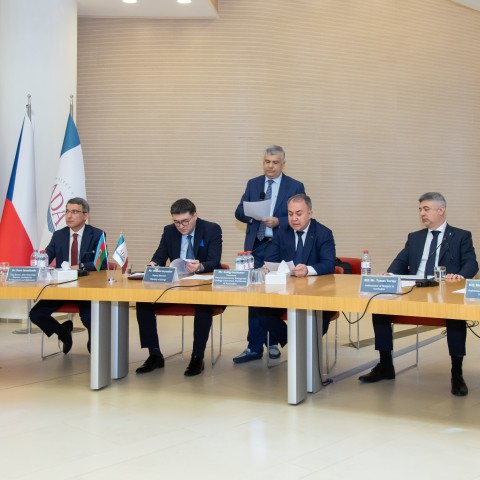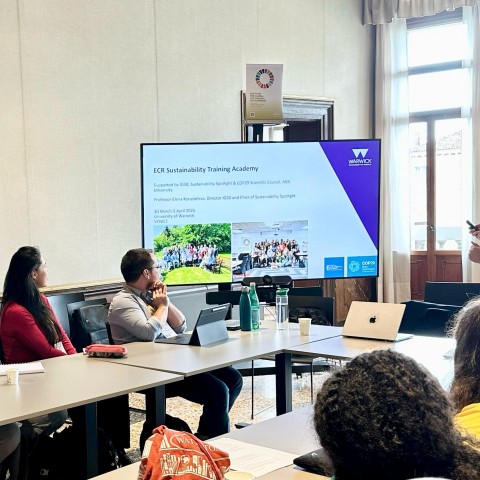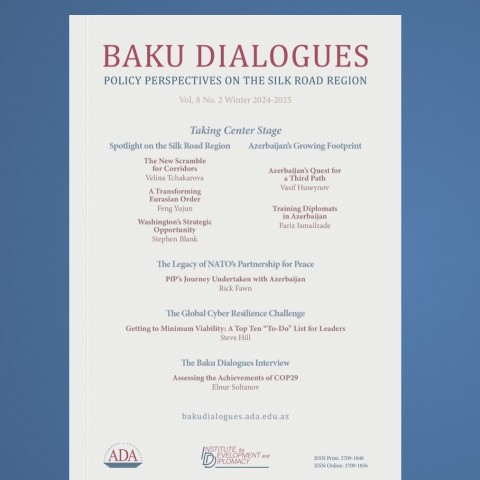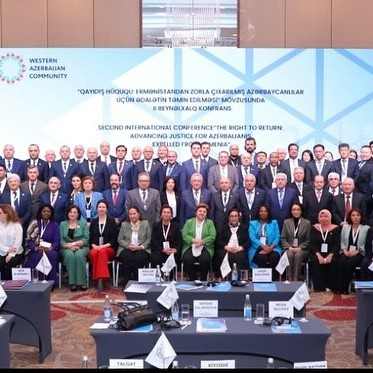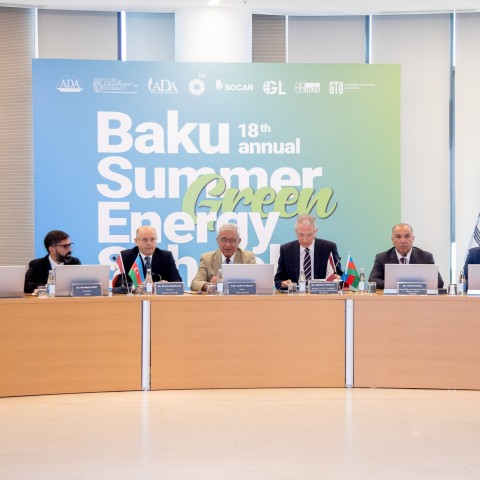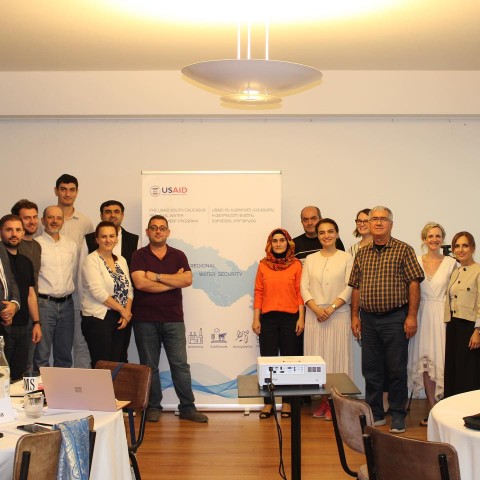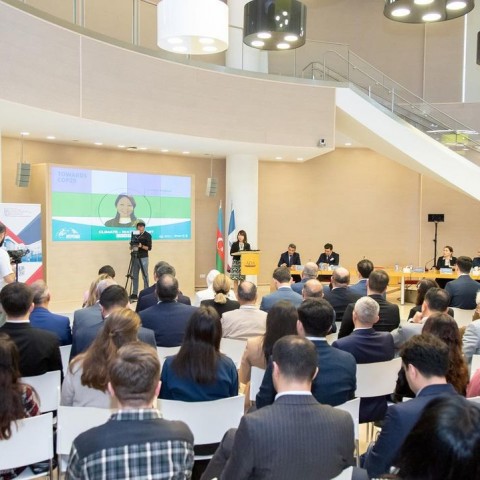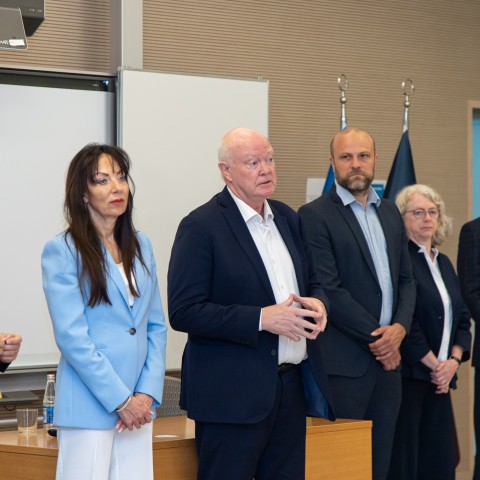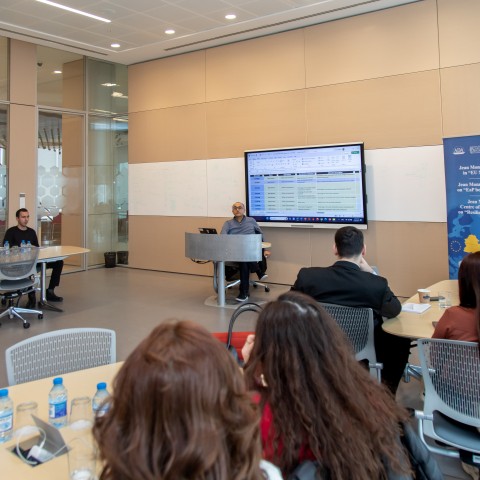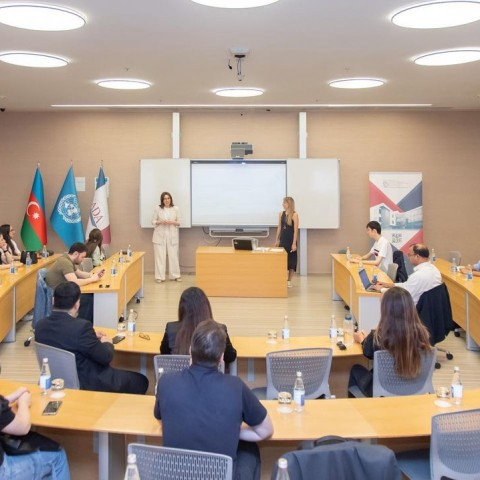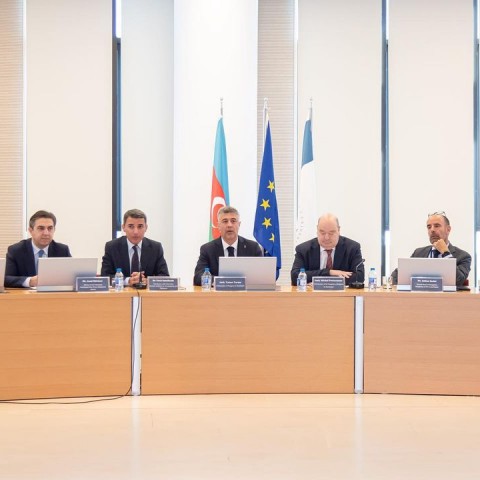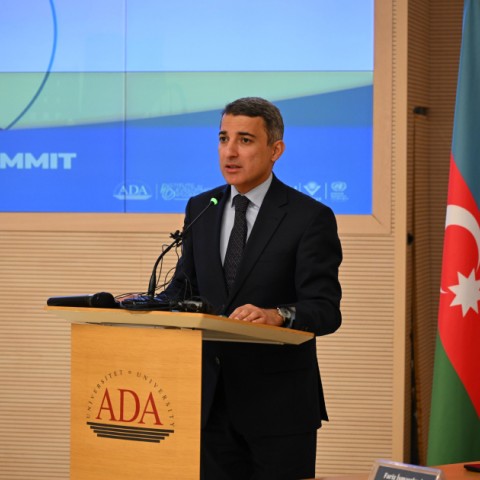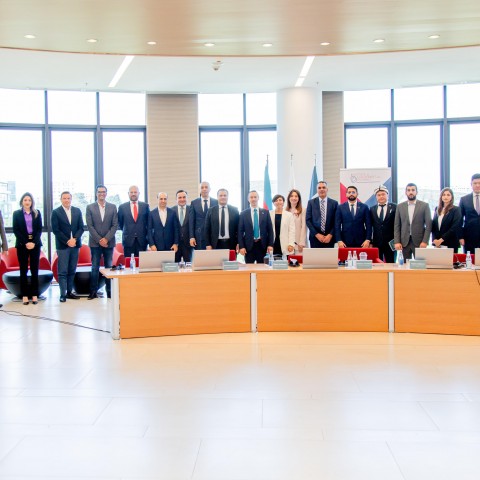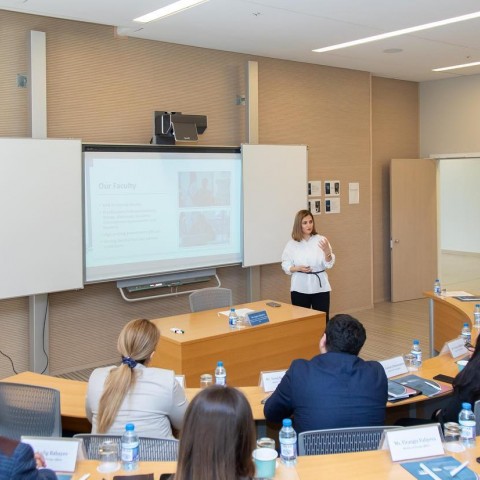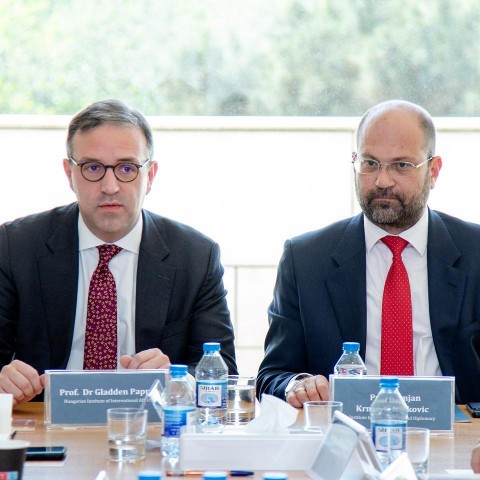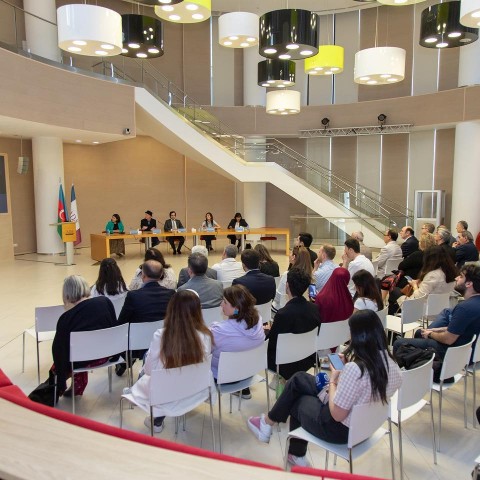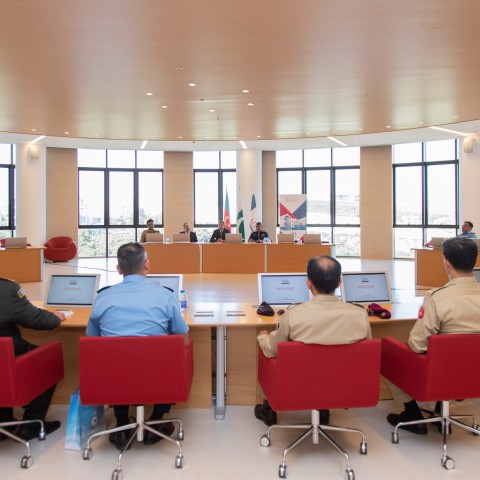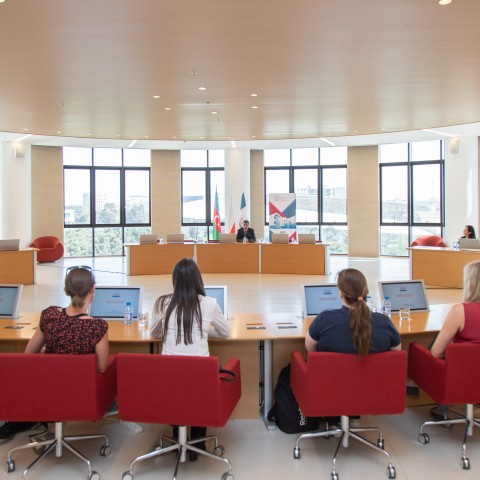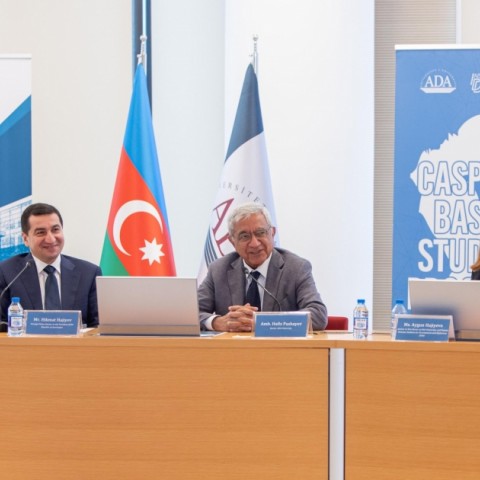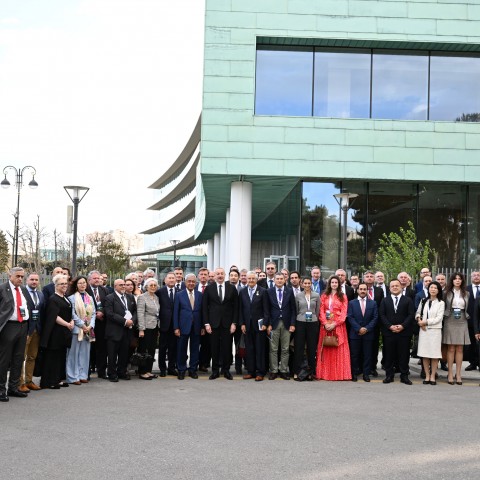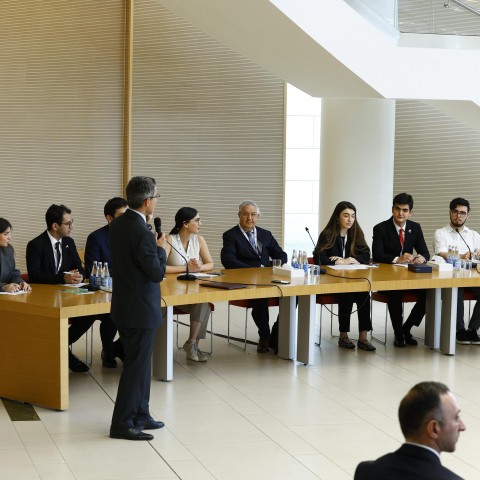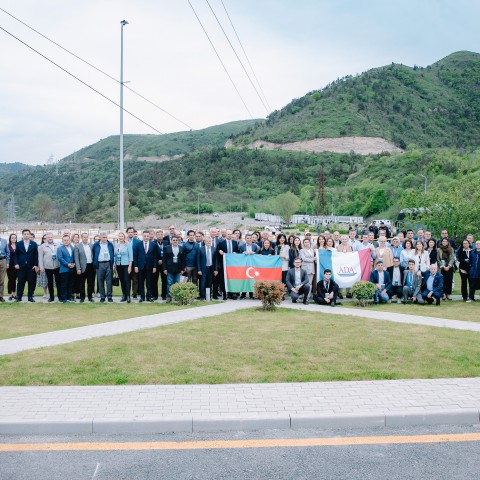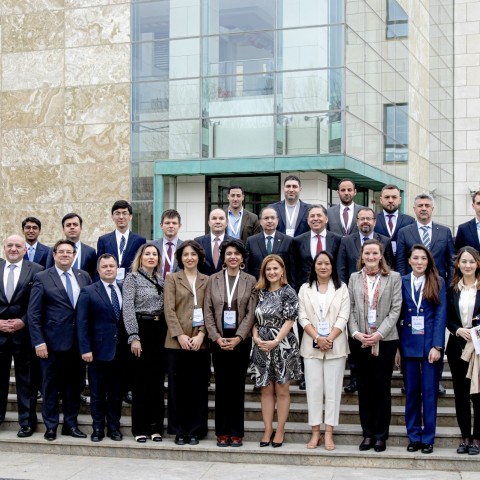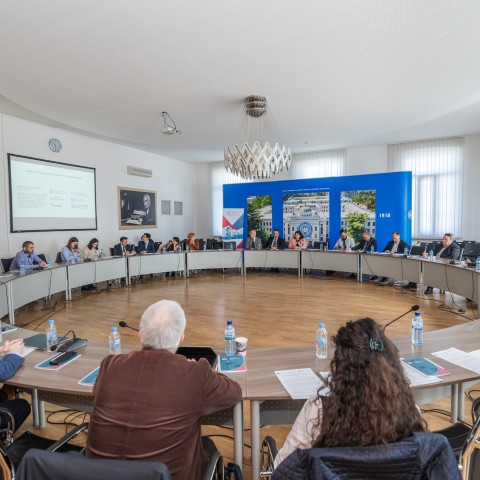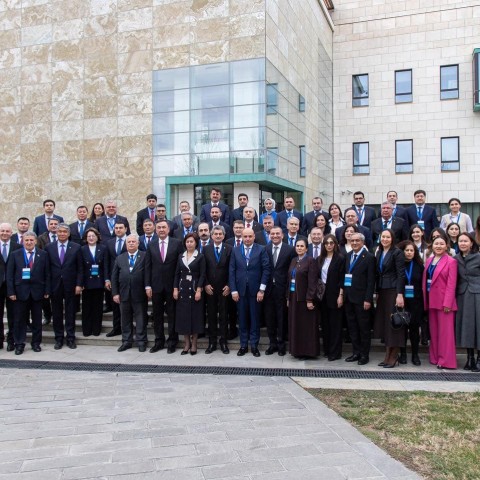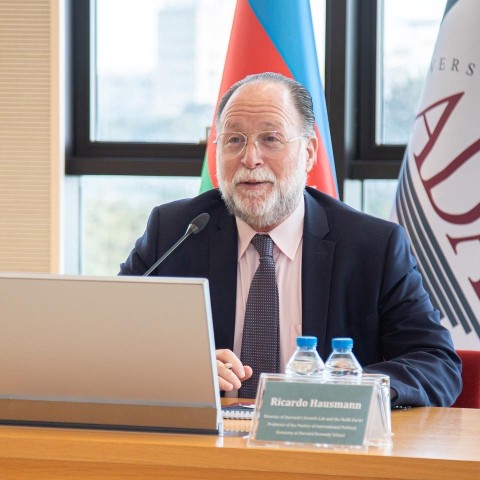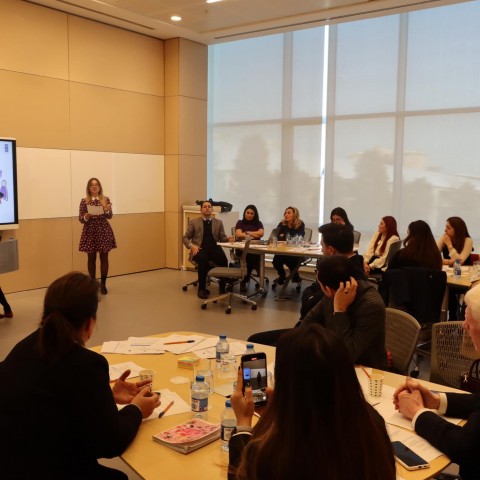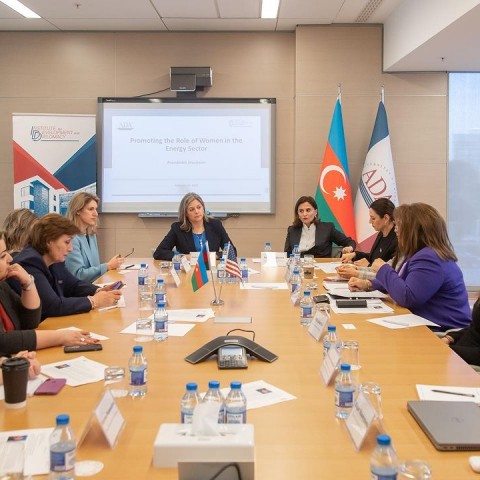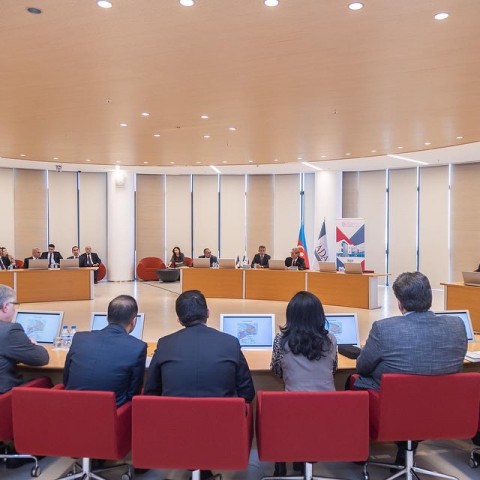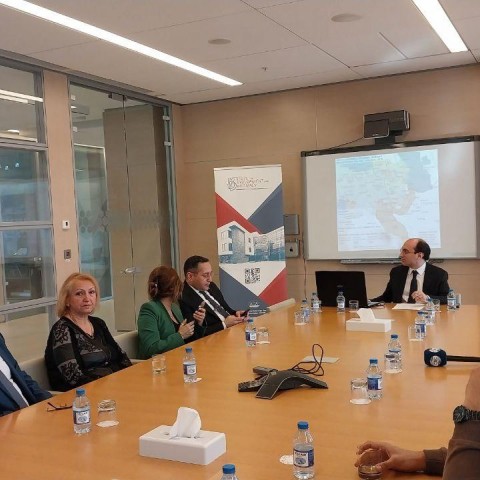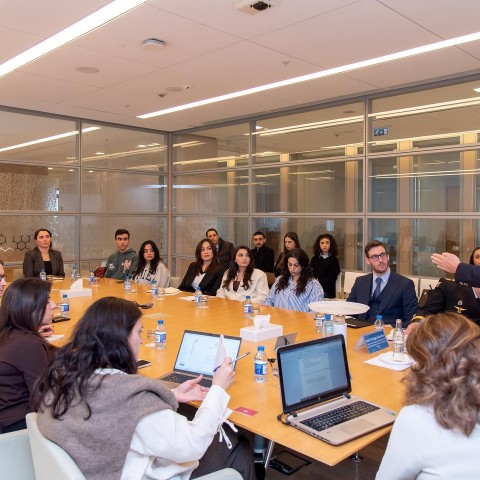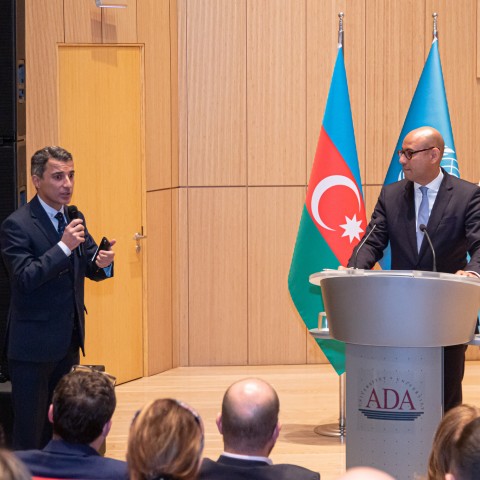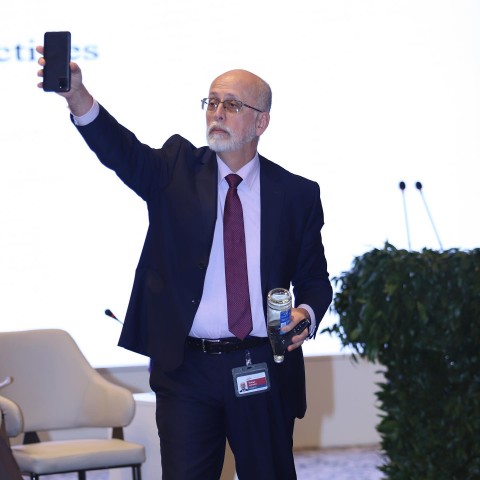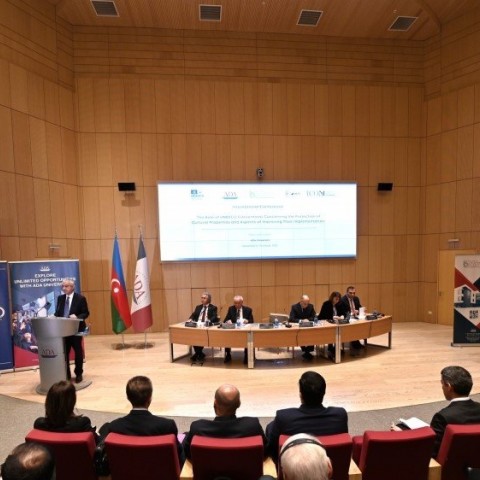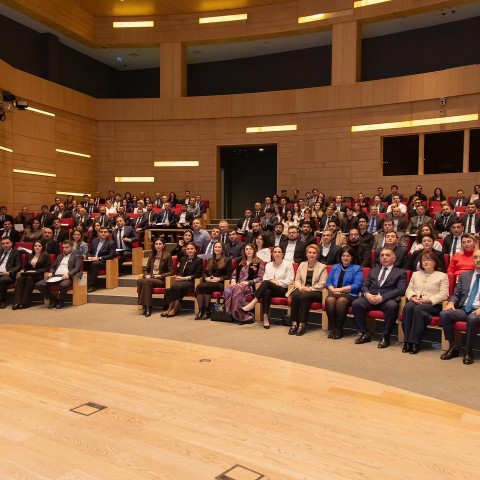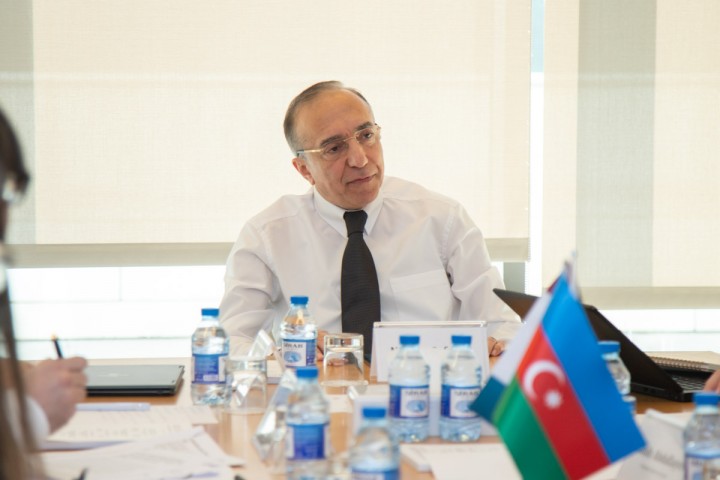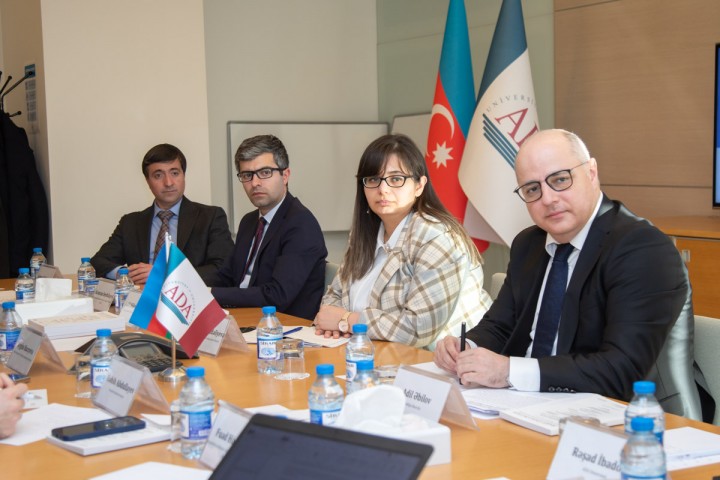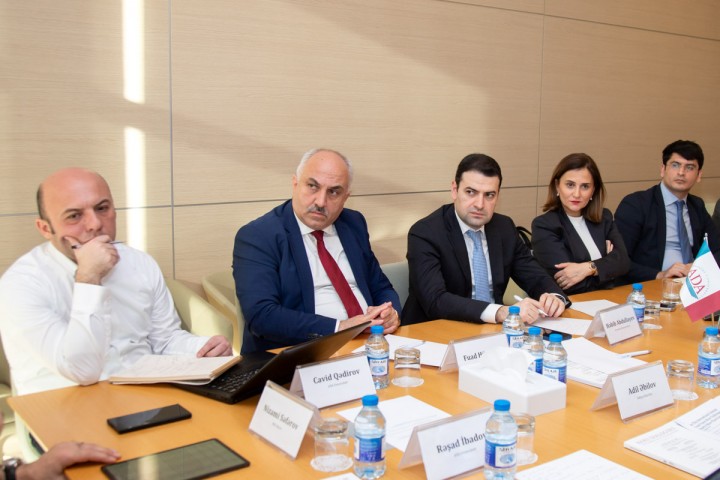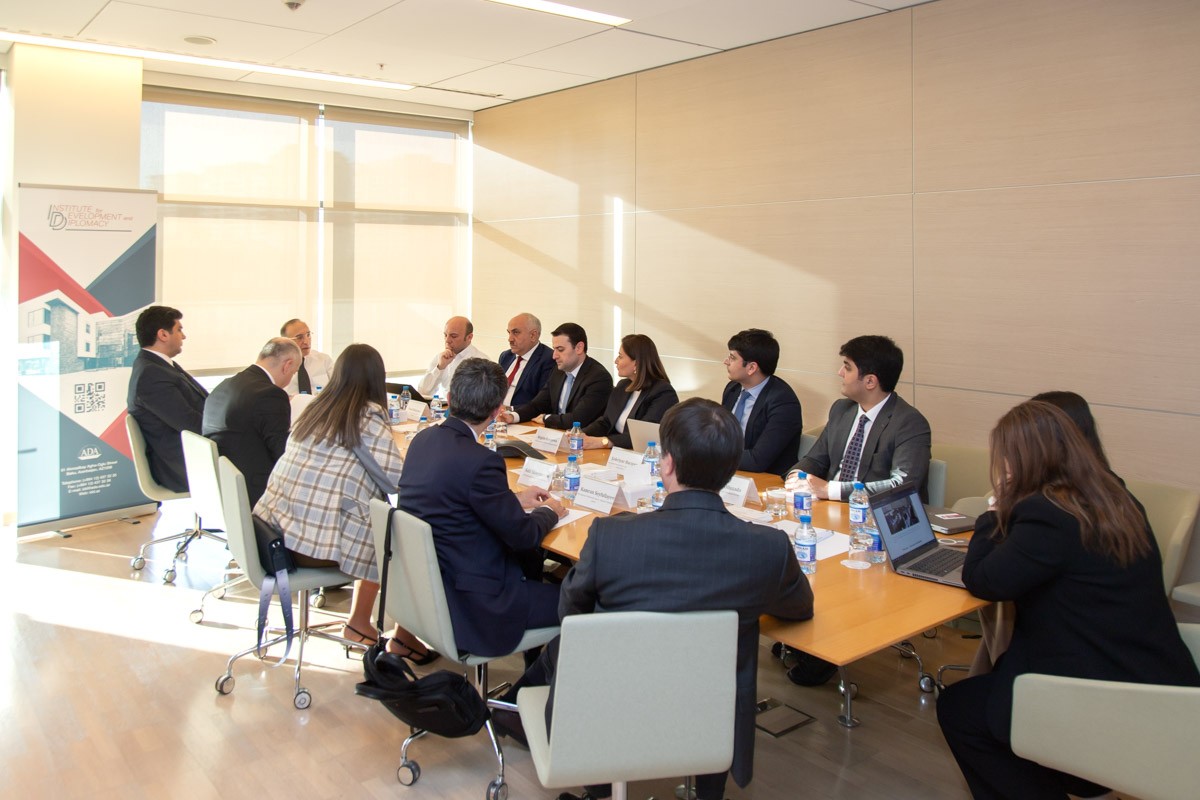
Roundtable on “International Criminal Court (ICC): Clash of Law and Politics”
The Institute for Development and Diplomacy of ADA University organised a Roundtable on “International Criminal Court (ICC): Clash of Law and Politics” on 12 February 2024, upon the initiative of Dr. Nizami Safarov, Member of Parliament of the Republic of Azerbaijan.
Representatives of the Presidential Administration, the Ministry of Justice, the Ministry of Foreign Affairs, the Ministry of Digital Development and Transport, the State Committee for Affairs of Refugees and Internally Displaced Persons, the Centre of Analysis of International Relations (AIR Centre), as well as IDD and ADA University academicians, participated at the Roundtable.
As the keynote speaker, Dr. Nizami Safarov provided a comprehensive update on the functioning of the ICC and touched upon the current challenges faced by the Court in delivering what was intended – justice – when establishing this ambitious judicial body by the international community.
In the discussions moderated by Dr. Javid Gadirov, Assistant Professor at ADA University, the participants raised complex issues surrounding the ICC ranging from the geographic profiling, implementing the provisions relating to immunities, and the approaches in respecting the values stipulated in the Rome Statute's preamble.
During Dr. Nizami Safarov’s presentation and in the course of the discussion that followed, jurisdictional limitations of the ICC were highlighted, in particular that it is not entitled to prosecute crimes that took place before 2002, making it impossible to address the atrocities committed by Armenian political and military leadership during the First Karabakh War. Furthermore, the recognition of the ICC’s jurisdiction starting from May 10, 2021, was exploited by Armenia to exclude the ‘44 days’ war from the scrutiny of the court, therefore attempting to exonerate the war crimes committed by Armenia in its course as publicly self-incriminated by its political leadership.
At the same time, Armenia’s joining the ICC was discussed in the light of the ongoing ‘lawfare’ by Armenia against Azerbaijan, where the ICC’s commencement of an investigation of extraterritorial (transnational) crimes allegedly taking place on the territory of Azerbaijan is going to be extensively exploited for propaganda purposes. Furthermore, the possibility of using the ICC (which only has jurisdiction to try individuals) as an indirect form of state responsibility (as it can start investigations against even the highest-ranking state officials notwithstanding the fact that they are officials of states that are not parties to the Rome Statute) was discussed.
In this regard, it was observed that the ICC has shown vulnerability to political pressure in the past, such as in the case of the situation in Afghanistan, or when being mostly limited to prosecutions in post-colonial contexts. Finally, the repeated displays of manifestly unfounded, openly anti-Azerbaijani rhetoric by individuals such as former ICC Prosecutor Luis Moreno Ocampo, as well as increased pressures on Azerbaijan by some international institutions, were noted as grounds for a rather moderate optimism that the ICC will not be used to mount additional pressure on the Azerbaijani government in the coming years.




















